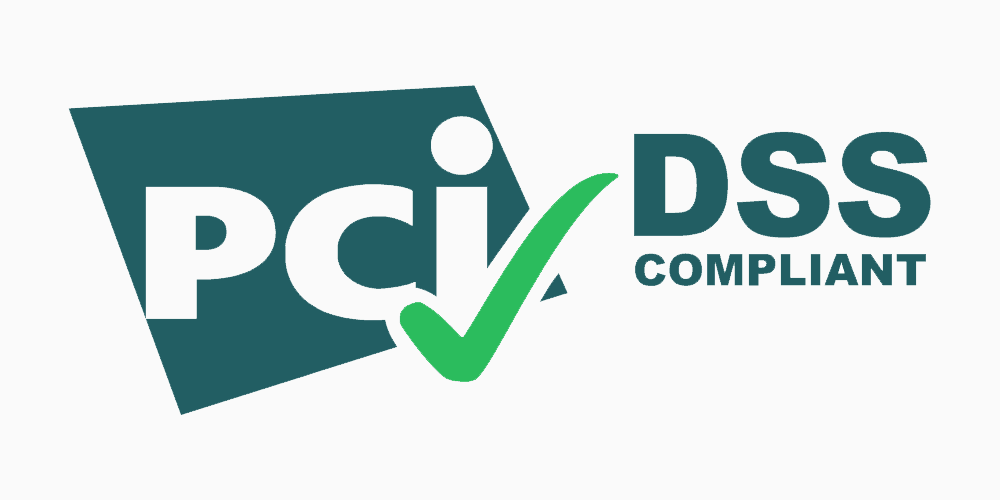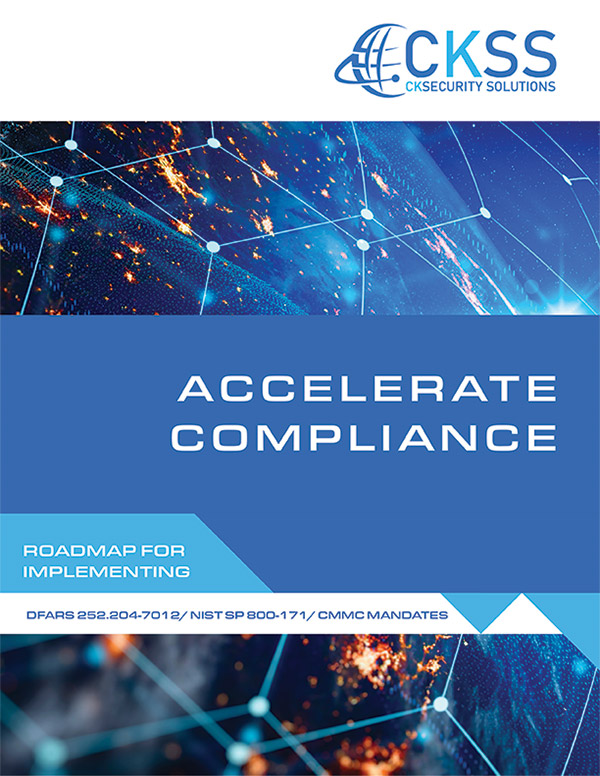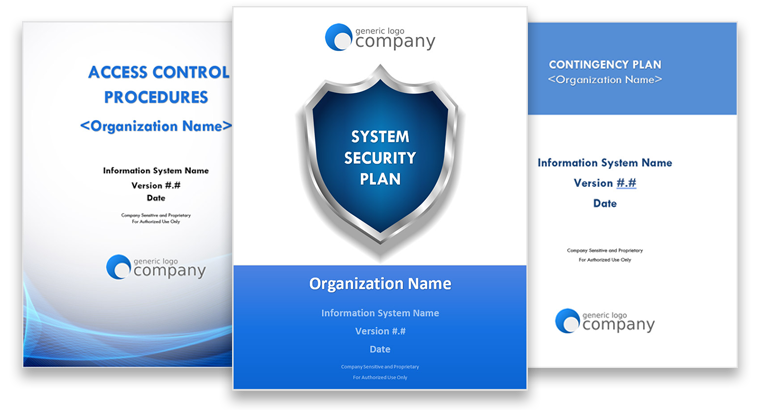Top 5 Mistakes Small Businesses Make When Managing PCI DSS Compliance

As the owner of a small business, you’re expected to wear many different hats. From sales to marketing to delivering products and services to your customers, it’s easy for things like PCI compliance to slip through the cracks. Unfortunately, DSS compliance isn’t something you should take lightly, as it impacts the finances and reputation of both your customers and your business. Not implementing an adequate PCI DSS compliance program today could result in substantial costs to your business, including the possibility of a breach or, ultimately, the inability to process payment card transactions. Here are the five biggest mistakes small businesses make when managing DSS compliance programs and how to avoid them.
Mistake 1 – Not Taking PCI Compliance Seriously
One of the worst mistakes you can make is not taking PCI DSS compliance seriously. Ignoring PCI requirements puts you and your customers at risk. Ultimately, the goal of PCI compliance is to protect cardholder data and, in doing so, protect your business.
Solution – Take the time to understand your contractual obligations and work closely with your managed service provider to ensure continuous compliance. At the end of the day, your attention to detail will mean the difference between passing and failing and, more importantly, keeping your customers’ data safe.
Mistake 2 – Failing to Perform Regularly Scheduled Tasks and Meet
PCI DSS compliance Goals
As a small business that processes payment cards, it’s your responsibility to ensure your systems and processes constantly meet PCI requirements. This means more than simply “checking the box” for PCI compliance.
Solution – We recommend setting up quarterly security meetings and creating task lists. Vulnerability scanning and physical inspections of Point of Sale devices for signs of tampering are perfect examples of tasks that need to be performed at least quarterly. In addition, testing security controls quarterly will ensure you meet the requirements for payment card compliance.
Mistake 3 – Inadequate Network and System Security
As a small business that processes payments, you are responsible for ensuring your systems and infrastructure are up to date and patched for any known security vulnerabilities. Allowing guests, the same network access as your Point of Sale terminals is an open invitation to hackers and thieves.
Solution – Use proper segmentation and vulnerability management practices.
Mistake 4 – Lack of Employee Training
Think about a typical transaction for a small business. Who has physical access to the payment card? If you answered, “the employee,” you’re correct. An untrained employee can cause vulnerabilities or even unknowingly compromise customer information.
Solution – Educating employees and contractors on information security and payment card security practices is critical to ensuring PCI compliance and protecting customer data.
Mistake 5 – Not Outsourcing Payment Processing When Possible
When it comes to payment card data, the less you possess, the better. Reducing the type and amount of cardholder data you have goes a long way to reducing both your liability and your scope for PCI DSS compliance.
Solution – Consider eliminating systems that see or use non-truncated or unencrypted cardholder data and outsource payment processing functions to third parties wherever possible. You’re in the business of running your business, not payment processing.
Conclusion
Avoiding these five common mistakes in PCI DSS compliance will help you pass your next PCI audit, and just as important, you ensure the security of your customers’ data. After all, at the end of the day, that’s what it’s all about.
CKSS provides PCI consulting support for merchants of all sizes. If you’re interested in learning more about PCI DSS compliance or you need a PCI assessment, please contact us here.



